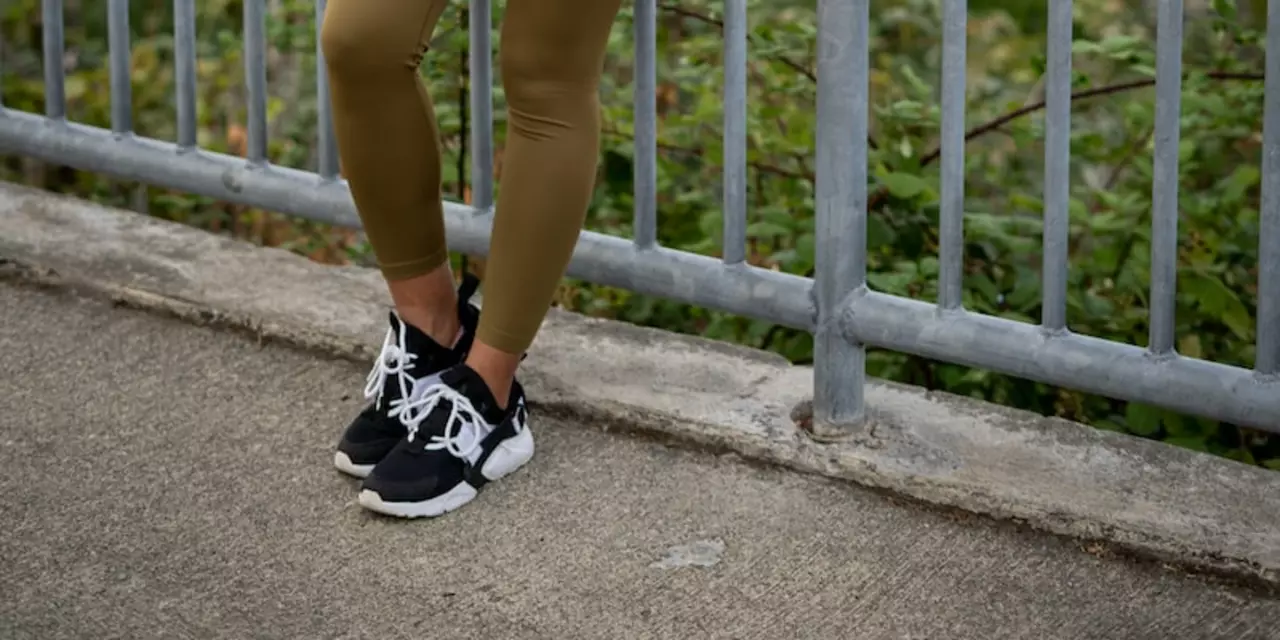This article discusses the possibility of starting a sport later in life and still becoming a professional athlete. It mentions that it is more difficult to transition to a professional level after age 20, but certainly doable. The article suggests that individual sports such as golf, tennis, and running are most accessible to those starting after age 20 because they require less physical coordination and strength. It also encourages prospective athletes to focus on developing their skills and conditioning, while being realistic and patient with their goals. Finally, the article emphasizes the importance of finding a coach or mentor to help guide the process.
Sports for Adults: Find Your Game After 20
Thinking about picking up a sport now that you’re past your teenage years? You’re not alone. Many people assume the window closes at 20, but that’s a myth. The right sport, a solid plan, and a bit of patience can get you far, even if you start later.
Below we break down why age isn’t a hard stop and highlight the sports that are most forgiving for adult beginners. Whether you dream of turning pro or just want to stay active, this guide gives you practical steps to get moving.
Why Age 20 Isn’t a Deadline
Physical growth mostly finishes by the early twenties, but skill acquisition keeps going. Sports that rely on technique, strategy, or endurance can be learned well into adulthood. Your brain stays plastic, meaning you can still build new movement patterns with consistent practice.
What matters more than age is commitment. Setting realistic goals, scheduling regular training, and tracking progress create a feedback loop that speeds improvement. A coach or mentor can accelerate learning by correcting mistakes early, saving you time and frustration.
Best Sports to Pick Up Late
Golf – The swing is all about coordination and feel rather than raw power. With regular lessons, many adults reach low handicaps within a few years.
Tennis – While it’s fast‑paced, you can start with a focus on footwork and racket control. Local clubs often offer adult beginner leagues that provide friendly competition.
Running – No equipment, just a pair of shoes. Gradual mileage buildup and interval training improve speed and stamina without requiring complex technique.
Swimming – Your body is buoyant, so joints get less stress. Structured drills help you master efficient strokes, and it’s a great cross‑training tool for other sports.
Cycling – Builds leg strength and cardiovascular health. Join a weekend group ride to stay motivated and learn road safety basics.
Each of these options lets you progress at your own pace while still offering a clear path to higher competition if you aim for it.
Our featured article, “Which sports can you start after age 20 and still become a pro?”, dives deeper into these choices. It points out that individual sports tend to be more accessible because you control your training environment and can find specialized coaches easier.
What’s the next step? Pick one sport that sparks excitement, locate a local club or trainer, and commit to a few sessions a week. Track your workouts, celebrate small wins, and adjust your plan as you learn what works for you.
Remember, starting a sport after 20 isn’t about racing to the top; it’s about enjoying the journey, staying fit, and maybe surprising yourself with how far you can go.
